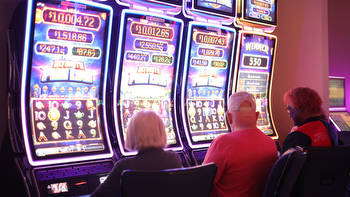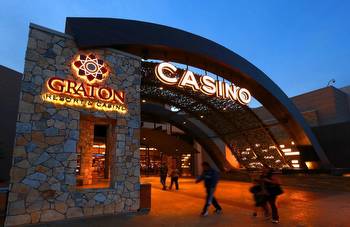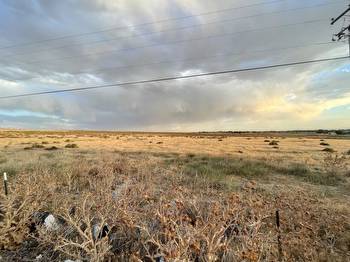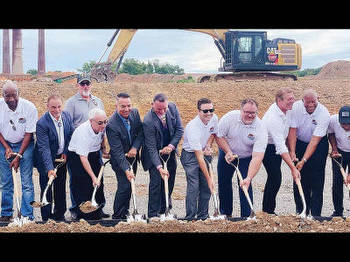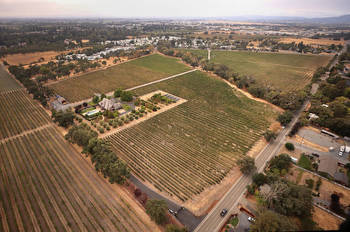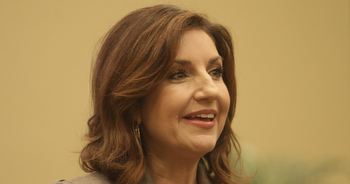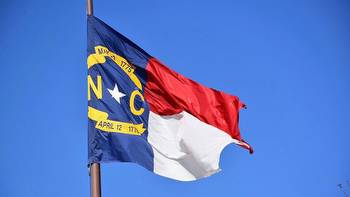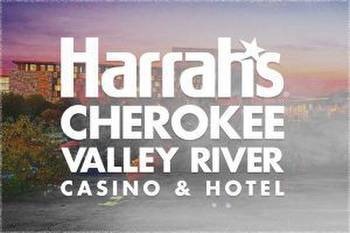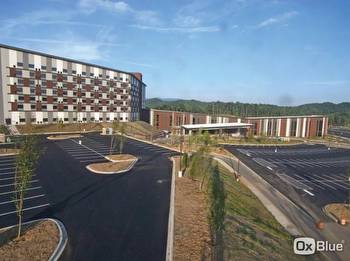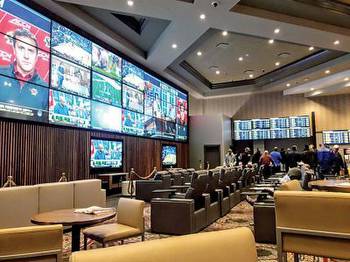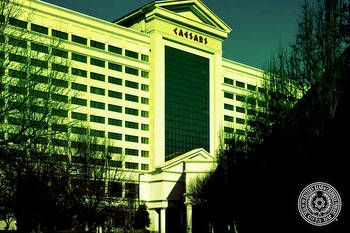Indiana casino purchase receives formal protest
Robert Saunooke, an attorney and member of of the Eastern Band of Cherokee Indians (EBCI), has submitted a formal protest to the EBCI Tribal Council regarding its decision to purchase the Caesars Southern Indiana casino for a reported $250 million.
Resolution No. 363 (2020), which was submitted by Principal Chief Richard G. Sneed, was passed in a special session called on Dec. 24, 2020. This move would be the Tribe’s first foray into commercial gaming, something that tribal leadership has been determined to do for some time. Saunooke says that the purchase is both irresponsible and against the Charter.
“Aside from the fact that I think this is a horrible business deal, it appears to me the way it’s set up that it violates the Tribal Charter, which requires the Tribal Council to control all real and personal property of the Tribe,” said Saunooke.“And the way the company is set up it is controlled by a board that the Tribal Council has no authority over. They can’t fire, they can’t direct, they can’t do anything with, which would be violation of our Charter. That’s in Section 16 of the Charter.”
He added, “The second reason is we don’t have the money to pay for this. The silos that our gaming funding is put into under Chapter 16 has capital improvements, infrastructure, debt reduction, but there’s no pool of money in our general fund that allows us to purchase casinos with it. The Tribe can obligate itself with loans and stuff. They’re going to have to violate our ordinances and pull money out to purchase it, which I think is wrong.”
This protest was sent to Tribal Council Chairman Adam Wachacha on Dec. 30, 2020. Saunooke’s plan was to present this protest early in order to have it heard for the year’s first Tribal Council session on Thursday, Jan. 14.
Chairman Wachacha has not responded to an interview request on this issue as of press time.
On Saturday, Jan. 9, Saunooke shared with the Cherokee One Feather the response that he received from Council Attorney Carolyn West. In the document provided, she states the following:
“Mr. Saunooke failed to submit a valid protest. First and foremost, Mr. Saunooke is not an interested party because he does not present a direct financial stake in Resolution No 363 (2020). Additionally, he failed to include a direct impact statement which renders the protest deficient and the protest shall not be placed on the Tribal Council Agenda.”
West cites from Chap. 117 of the Cherokee Code that this formal protest must clear four terms of qualification: they must be an interested party, have submitted the protest within 10 days of the decision, show a direct impact on the interested party’s financial or property interest, and present an attachment of the resolution being protested.
Saunooke disagrees with West’s opinion that he is not an ‘interested party’.
“Ms. West is incorrect in her opinion as she states that the protest does not present a ‘direct financial stake’ in the resolution and did not present a ‘direct impact statement’. Both of these statements are incorrect as the statute in question does not require a ‘direct financial stake’ and the protest I submitted stated that the decision directly impacted benefits I receive and the right to manage property held by the Tribe under the Charter. There is no requirement in the protest ordinance of more than this.”
Saunooke continued to detail why he believes this purchase could place the Tribe in financial risk.
“We’re not getting anything. I don’t think people realize the $250 million they’re paying doesn’t buy us a building, because we don’t own the building. It doesn’t buy us any gains or any funds for any tangible goods. We’re basically paying to assume a lease obligation that Harrah’s has with this company that owns that building and the group that’s there. Because we’re not buying any assets, why are we paying so much money for it?” questioned Saunooke.
“As I understand the perspectives, the most we can pull out is around $3 million a year…and then the Innovation Group that did the analysis says that it will do $40 million a year in EBITDA (earnings before interest, taxes, depreciation, and amortization). But of that $40 million, all the Tribe can pull out is $10 million. And even that $10 million can’t go to the members of Tribe. Even that’s a 25-year return on investment. Nobody puts money into a business that doesn’t have a return on the investment in less than three years. It’s just not financially viable.”
Saunooke says that he understands the need for economic diversification and is fully in favor of finding more revenue streams. He questions why that means pouring money into a separate casino in Indiana. He proposed investing even a small portion of that money into Cherokee itself, developing the infrastructure and offering a more inviting environment to visitors. He said that there are a number of business ventures that the Tribe could look to that would be a much quicker return on investment.
“I find it interesting. I haven’t talked to Michell Hicks or Patrick Lambert. But, between Michell, Patrick, and I we have almost 100 years of gaming experience, and all three of us say this is a bad deal. And, we never on agree anything,” said Saunooke.
The Cherokee One Feather has contacted Carolyn West regarding this protest, her response to Saunooke, the release of that response, and any additional information on the standing of the protest for this January’s Council session. West stated that she had no comment.
As it stands, this protest is not on the agenda for the Thursday, Jan. 14 Tribal Council session. With a short time before that session, if or how it will be addressed will be an important piece to monitor for a monumental purchase by the EBCI.








